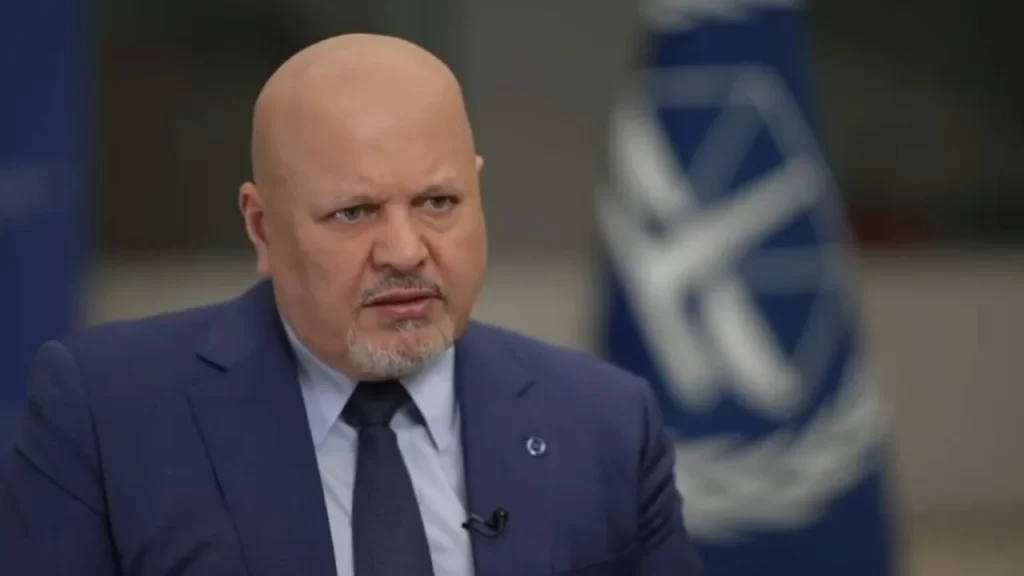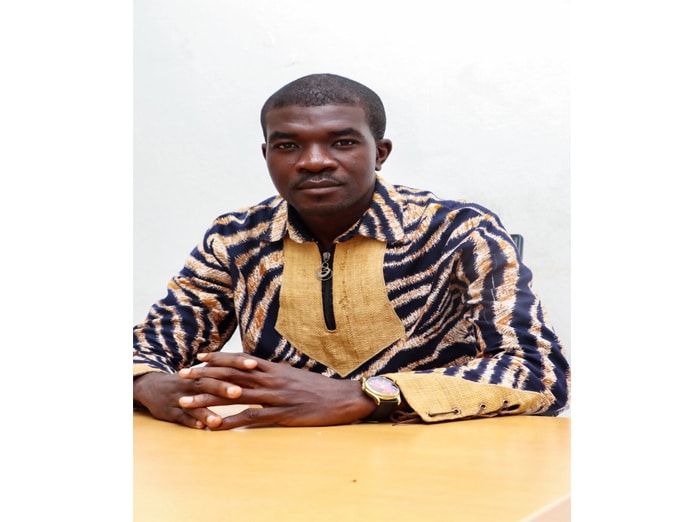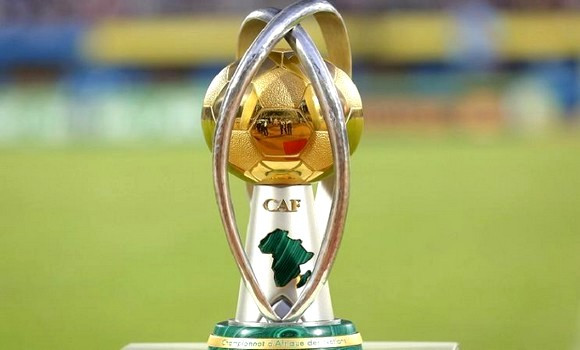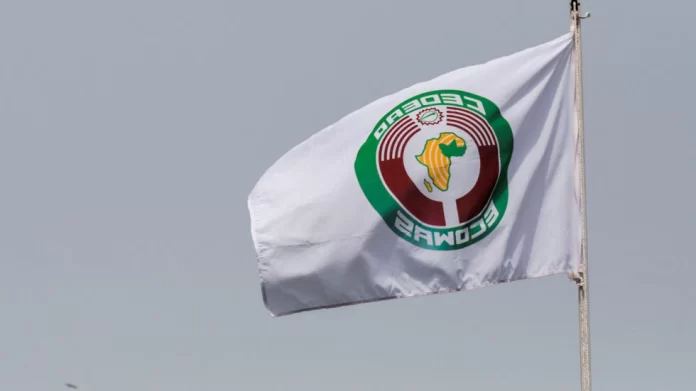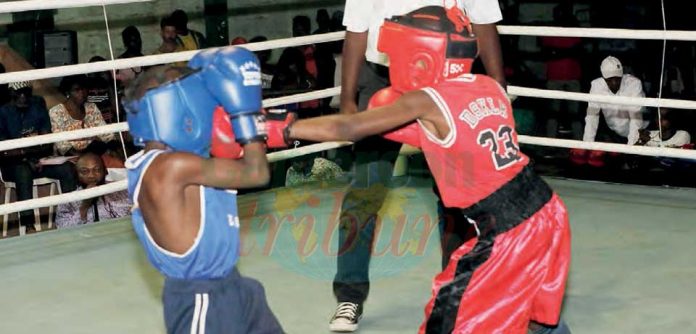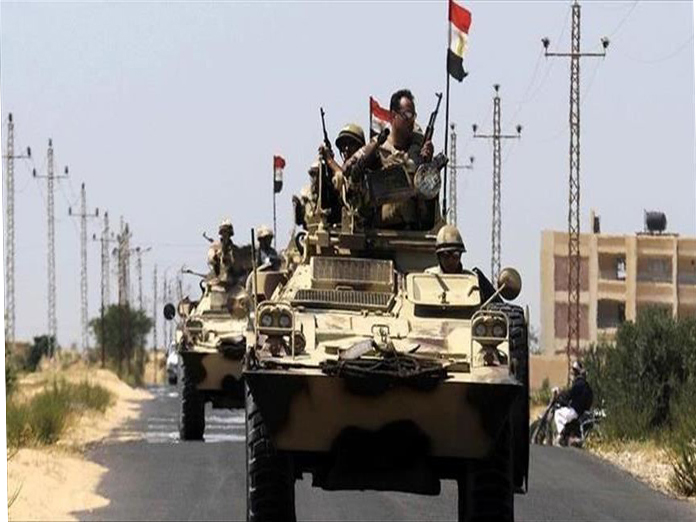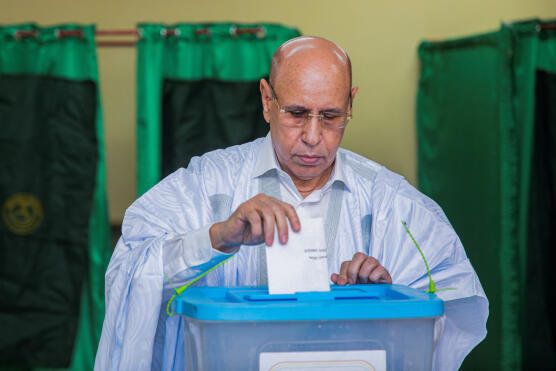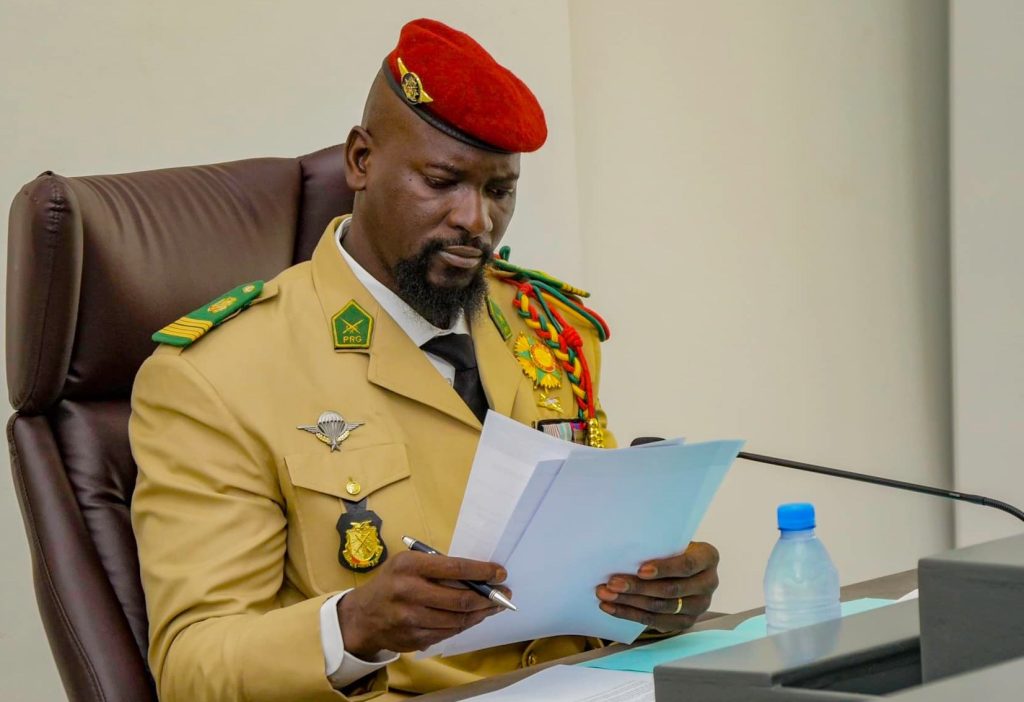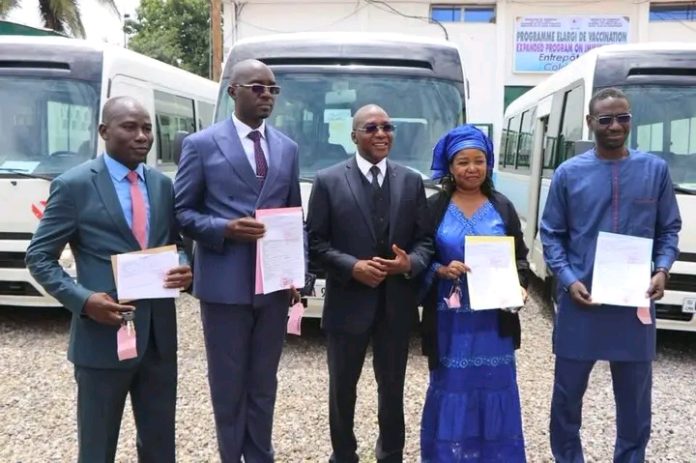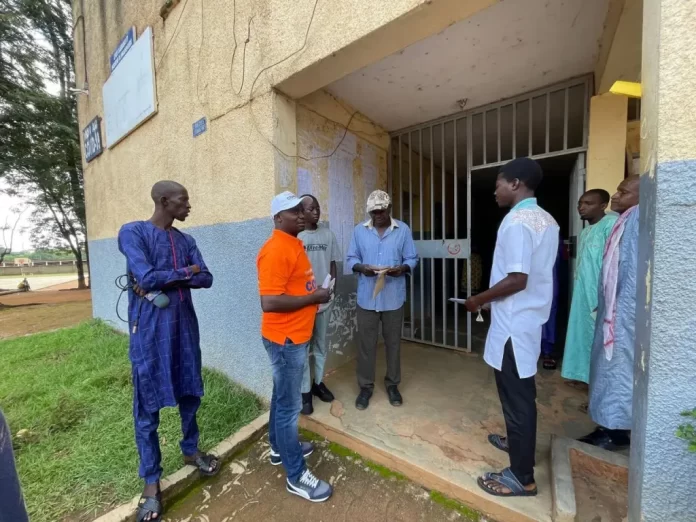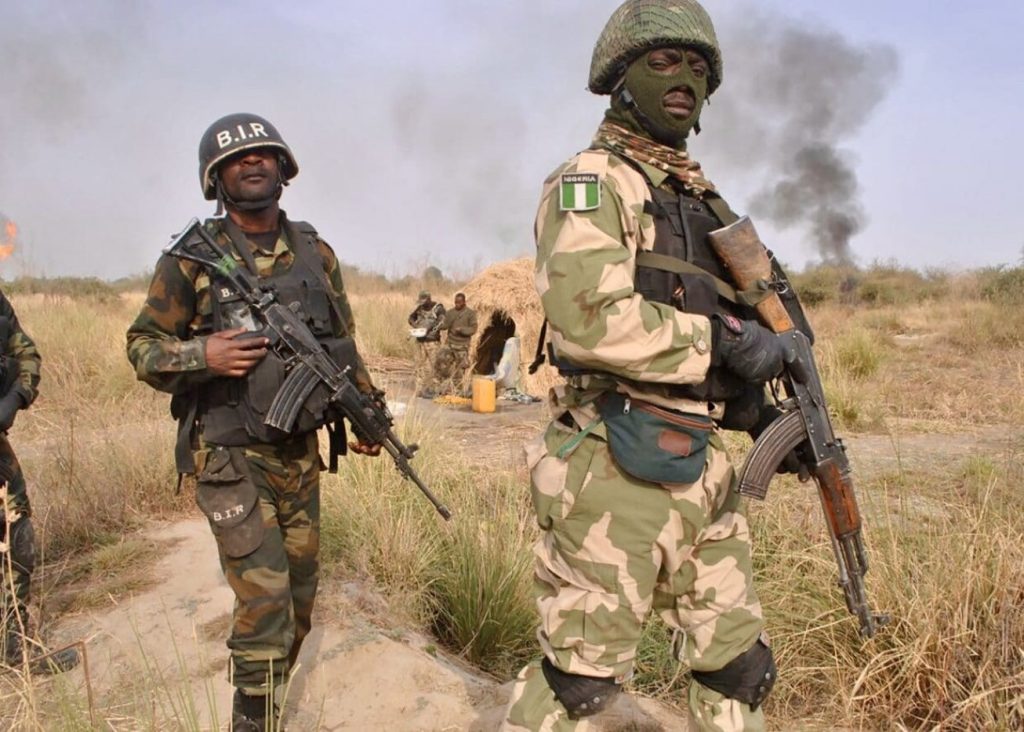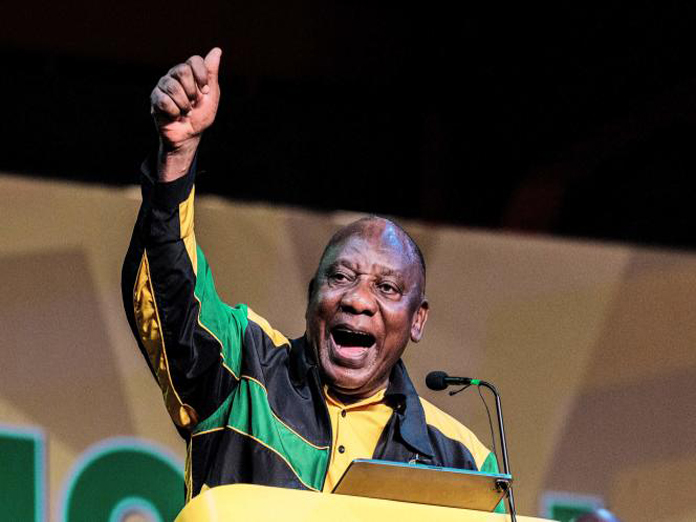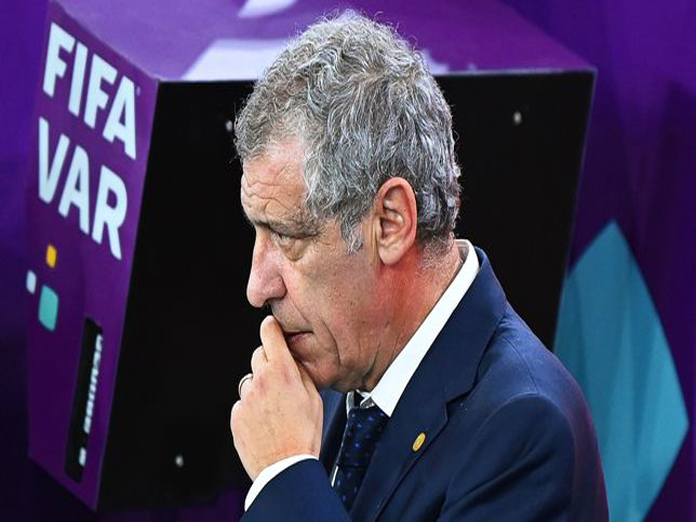The recent developments in the Middle East regarding the conflict in Gaza and the decision by ICC Chief Prosecutor Karim Khan to seek arrest warrants for Israeli Prime Minister Benjamin Netanyahu, Hamas leaders, and others have brought to light troubling revelations about the court. In an interview with the CNN, the British-Pakistani lawyer Karim Khan shockingly disclosed that the ICC was originally established to target African leaders and Russian President Vladimir Putin.
Karim Khan…And, of course, I’ve had some elected leaders speak to me and be very blunt. This court is built for Africa, and for thugs, like Putin, was what one senior leader told me.….
This bold statement from the chief prosecutor adds fuel to the criticisms that have emerged across Africa since 2013, questioning the perceived bias of the international court created in 2002 with the mandate to prosecute individuals for war crimes and crimes against humanity. In May 2013, some three years after the arrest and detention of Ivorian President Laurent Gbagbo and youth leader Charles Ble Goude, the African Union strongly criticized the Hague-based court for disproportionately targeting African leaders, especially as it extended to leaders of Kenya and Sudan. Besides Gbagbo, other African leaders such as former Kenyan President Uhuru Kenyatta, then Deputy President William Ruto, and former Sudanese leader Omar al-Bashir have also been subject to ICC investigations.
Standing against the perceived partiality of the ICC, Ethiopia’s former Prime Minister Hailemariam Desalegn expressed in 2013 that African leaders were troubled by the fact that « 99% of those indicted by the ICC are Africans, » suggesting a flaw within the ICC system. The revelation by Karim Khan that the court was also designed to pursue Russian President Vladimir Putin further undermines the credibility of the ICC, questioning the validity of the arrest warrant issued to Putin in 2023. This new revelation also touches on the Russia-Africa relations and suggests that leaders with similar historical and cultural ties are being targeted by the ICC, potentially undermining individuals with significant ideologies and agendas that could advance African and Russian interests in global diplomacy and geopolitics.


